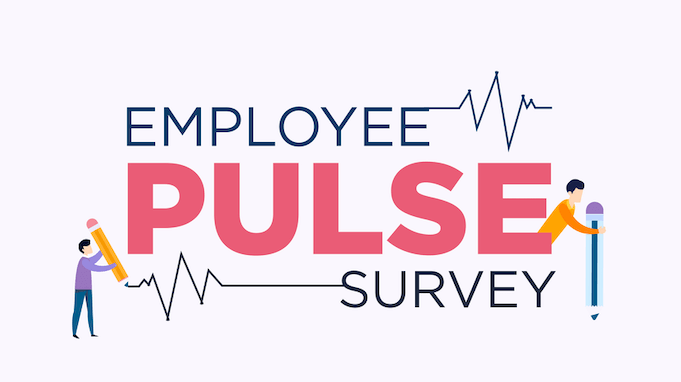Is this labor market, in which employees are increasingly picky about where and how they want to work, it’s imperative that you hear from and listen to your people. Simply doesn’t make sense to strategize about how to recruit and retain employees without knowing how they feel.
And in this rapidly changing environment, the annual, requisite employee engagement survey isn’t going to cut it. Rather, conducting a series of “pulse surveys” will give you a better and more immediate sense of your employees’ wants and needs. But there’s a certain way you should conduct your survey efforts. In that light, here are questions to consider before launching an employee pulse survey.
What Does it Mean to Listen to Employees?
You want to know what your people have to say about how they’re experiencing their workplace. Finding that out will allow you to assess and improve the employee experience as well as performance, gain key insights, and enable you to make strategic data-based decisions.
How Important is Ongoing Listening?
Very. If you want actionable results, you simply must “listen” throughout the employee’s tenure. Doing so will help you to tie your workforce’s disparate experiences with organizational performance and will offer you opportunities to craft solutions.
You can save a lot of time and money by gaining a good idea of what your employees like, don’t like, and want more of. The bottom line is that regularly garnering employee insights will generate priceless info that you can use to institute key changes. A great way to achieve that is through pulse surveys.
What are Benefits of Gaining Employee Feedback?
We’ve mentioned all-important recruitment and retention, and that’s in addition to creating and maintaining connections. After all, engaged employees will feel more comfortable expressing themselves and sharing ideas, and they will work harder for you and stick with you. Employee feedback through listening will also yield organizational areas that need improvement.
What are Pulse Surveys?
These constitute ways to garner and evaluate employees through relatively short, more frequent surveys that are not limited to specific topics or content. The overarching goals are to track engagement levels and drivers.
Questions You Should Consider Before Conducting Pulse Surveys
Here are five questions that you should mull before setting out to gain insight so that you can craft a stout research strategy:
- What are your strategic priorities? To put together a formidable employee research program, you want to home in in your organization’s priorities. For instance, what are the company’s biggest challenges? How efficient is the organization? In so doing, you can be certain that your surveys align with your priorities.
- What should be the focus of your research? So that you can clarify and sharpen your research agenda, ask yourself this sole question: “What do your leaders, managers, and employees need to immediately learn to drive organizational performance? The answer to this question will help you assess learning priorities.
- What research methods are best suited to answer your most important questions? Before you figure out how many questions you should ask and how you should ask them, you must determine the kind of evaluation – virtual focus groups, open-ended surveys, etc.) — that will produce the deepest insights.
- Who should you survey, and when? A critical portion of any research effort is figuring out who should participate in your research, and when. You won’t get great data, and you might frustrate employees, if you pose the right questions but to the wrong employees at the wrong time.
- How will you convert data into insight and action? Of course, you don’t want to simply give surveys for the sake of giving them. Surveys are meant to create change, and your people expect you to make changes after providing their precious feedback.
It’s advisable that you take to heart these questions before you launch an employee pulse survey campaign. Remember that, as important as pulse surveys are, frequent pulsing can be too much for employees to handle and can cause drops in employee engagement. If you need assistance pulling all this off, the leading global HR consultant Mercer is poised to help.
